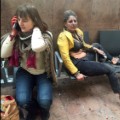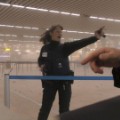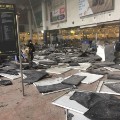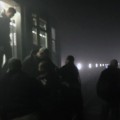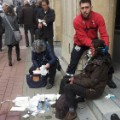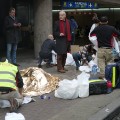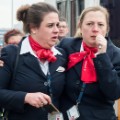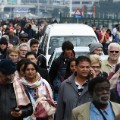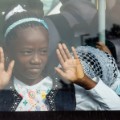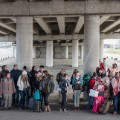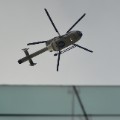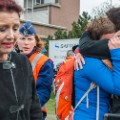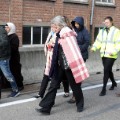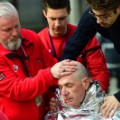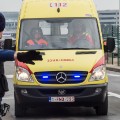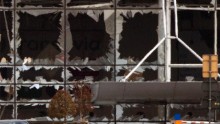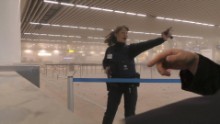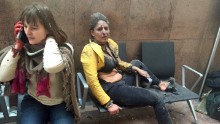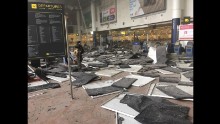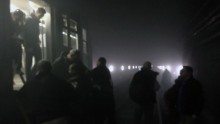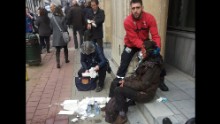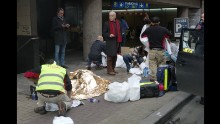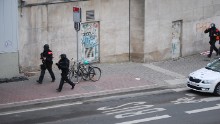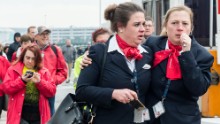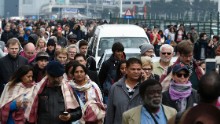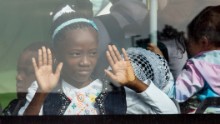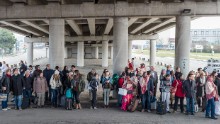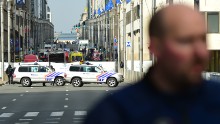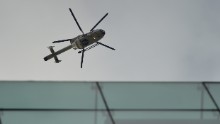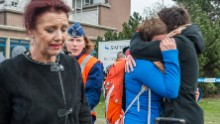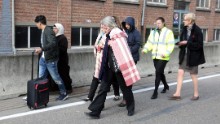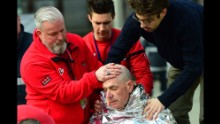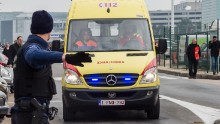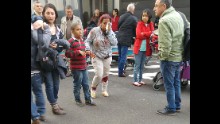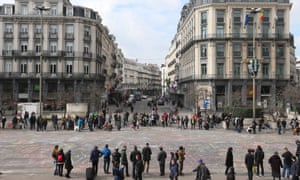"We were fearing terrorist attacks, and that has now happened," Belgian Prime Minister Charles Michel told reporters.
Belgian federal Prosecutor Frederic Van Leeuw said late Tuesday morning that it was too soon to know exactly how many people died in the bombings. Yet Belgian state broadcaster RTBF, citing emergency services, reported 20 dead at the Maalbeek metro station and 14 more killed at Brussels' international airport.
After the blasts -- which came days after the capture of Europe's most wanted man, Salah Abdeslam, in a bloody police raid -- Belgian authorities again hit the streets looking for those tied to Tuesday's carnage and who might launch more attacks.
Citing judicial sources, RTBF reported that raids were underway midday Tuesday around Brussels, targeting people linked to the attacks.
At least one of the two airport explosions was a suicide bombing, Van Leeuw said. A blast happened there outside the security checkpoints for ticketed passengers and near the airline check-in counters, an airline official briefed on the situation said.
The subway station blast happened in the Brussels district of Maalbeek, near the European quarter, where much of the European Union is based.
Richard Medic, who arrived at the station shortly after that explosion, wasn't surprised by the carnage after all that Europe has gone through recently, including the November's massacre in Paris that ISIS claimed responsibility for.
"I think, after the Paris attacks, we were assuming like this would happen," the Brussels resident told CNN. "And it was a matter of time."
Yet Jef Versele, who was in the airport's departure hall when the blasts occurred, said that he thinks Belgians should not hole themselves up and instead should continue to travel "to prove that we're not afraid of those who have done (the attacks)."
That doesn't mean being in the middle of it all, though, isn't frightening.
"You cannot believe it; you cannot believe it," Versele told CNN. "It was so insane. Not in my backyard."
